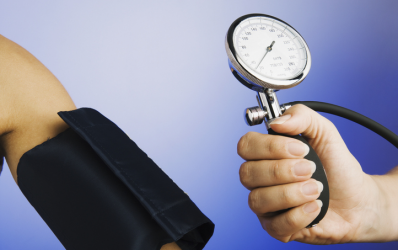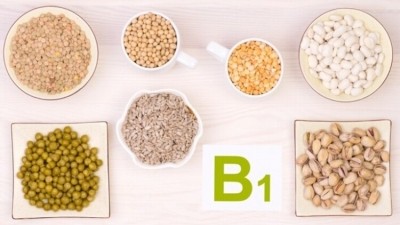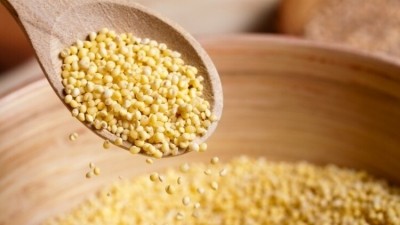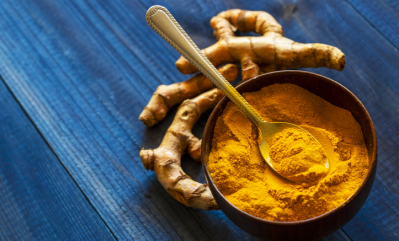Potential therapy: Vitamin B12 supplementation could improve NAFLD patient condition – RCT

However, the changes did not reach significant levels than the placebo group; hence, further studies with larger sample sizes, different doses and types of vitamin B12 should be conducted, said a team of researchers.
The findings were documented in their research titled “The effects of vitamin B12 supplementation on metabolic profile of patients with non-alcoholic fatty liver disease: a randomized controlled trial”, published in the journal Scientific Reports.
“To our knowledge, rare human studies have evaluated the association between serum vitamin B12 and NAFLD. However, these studies have revealed inconsistent results. Some researchers have reported similar vitamin B12 levels in NAFLD patients compared to controls, whereas others showed lower or even higher levels,” said the team.
To test their hypothesis, a total of 40 patients, divided equally into intervention and placebo groups respectively, were recruited from the Gastroenterology Clinic and Radiology Center of Shahid Beheshti Hospital, Kashan University of Medical Sciences, Iran, from January to February 2020. The male and female recruits were aged between 18 and 80.
Potential ingredient
The team found that vitamin B12 supplementation significantly decreased serum levels of homocysteine compared to the placebo group. Past research defined higher serum homocysteine might alter intracellular lipid metabolism, resulting in liver steatosis (Werstuck, G. H. et al., 2001). Hence, the vitamin might have beneficial effects on NAFLD outcomes by decreasing hyperhomocysteinemia.
The serum alanine transaminase in the intervention group also decreased significantly but was not significant compared to the placebo group.
Other factors measured include fasting blood glucose and serum levels of malondialdehyde. In the present study, vitamin B12 supplementation did not significantly improve the markers of glucose metabolism. However, the decrease in serum levels of the fasting blood glucose was more pronounced in the vitamin B12 group than in the placebo group.
In addition, previous studies showed that levels of malondialdehyde, a marker of lipid peroxidation, were increased in NAFLD patients. But in the current study, the substance decreased significantly in the intervention group. However, it was non-significant compared to the placebo group.
Overall, between‑group comparisons did not reveal a significant difference. Liver biopsies could not be done on the recruits due to ethics; hence, the team used elastography assessments to evaluate the degree of liver steatosis and fibrosis more accurately and quantitatively.
“More human studies are needed to elucidate the relationships between folate or cobalamin deficiency and NAFLD. Accordingly, for the first time, the present study evaluated the effects of vitamin B12 supplementation on serum liver enzymes, grade of hepatic steatosis, and metabolic profiles in patients with NAFLD in a randomized controlled trial model,” concluded the researchers.
Source: Scientific Reports
“The effects of vitamin B12 supplementation on metabolic profile of patients with non-alcoholic fatty liver disease: a randomized controlled trial”
DOI: 10.1038/s41598-022-18195-8
Authors: Hamid Reza Talari et al.
Healthy ageing, probiotics and protein are major focus areas of our upcoming Growth Asia Summit in Singapore from 11 to 13 October. Check out big-name brands, international experts and pioneering start-ups slated to present here.
















